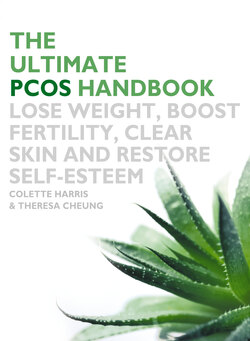Читать книгу The Ultimate PCOS Handbook - Theresa Cheung - Страница 43
EXCESS HAIR AND ACNE TREATMENTS
ОглавлениеOral contraceptives such as Dianette and Yasmin decrease your body’s production of androgens, as do anti-androgen drugs such as spironolactone. Both treatments can lessen and slow hair growth. Oral contraceptives and anti-androgens can also reduce acne in women with PCOS, although some women may also need topical and/or oral antibiotics. Persistent cases of acne may require consultation with a dermatologist.
Excess hair can be removed with local measures such as shaving, use of depilatories, electrolysis and laser therapy. Many women worry that these local measures make hair grow faster, but this isn’t true.
Electrolysis is a permanent form of hair removal but it has several drawbacks. First, there are no standardized licensing guidelines for electrolysis, so finding an experienced, effective technician is difficult. Second, this method requires repeated treatments for up to 12 or 18 months. Finally, side-effects can include pain, infection, keloid (scar) formation (for people who are susceptible), hyperpigmentation (darker patches of skin), or hypopigmentation (lighter patches of skin).
Studies6 show that laser treatment can be effective, though it can be expensive.
Vaniqa is a prescription-only topical cream which many women have found to be particularly effective and suitable for unwanted hair growth associated with PCOS.
Vaniqa is applied twice a day to areas of unwanted facial hair. Noticeable results are usually observed after 4–8 weeks, but you need to keep using the cream or the hair will grow back. A common side-effect is acne, unfortunately, but many women have found it helpful nevertheless. Vaniqa is licensed in the US, and some UK doctors are now prescribing it as well.
